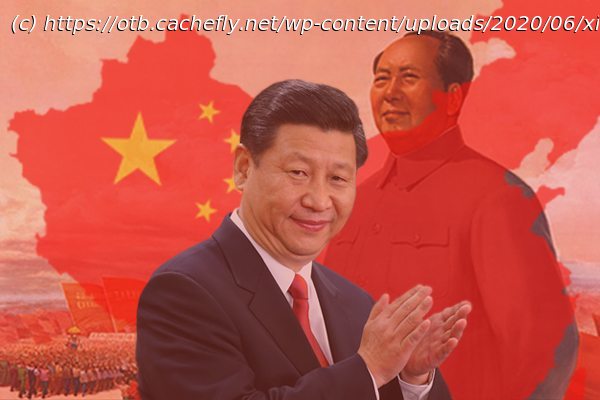Its economic bubble has burst
The Atlantic’s China-based contributor Michael Schuman is sounding seemingly contradictory alarm bells. In a span of two days, he warns that the PRC is simultaneously imploding and trying to take over the world.
On Thursday, he proclaimed “The China Model Is Dead.“
China’s jobless college graduates have become an embarrassment to Chinese leader Xi Jinping. The unemployment rate among the country’s youth has reached an all-time high, putting the country’s severe economic troubles on display at home and abroad. In August, Xi’s administration decided to act: Its statistics bureau stopped releasing the data.
But Xi can’t hide China’s economic woes—or hide from them. The problems are not just a post-pandemic malaise, or some soon-to-be-forgotten detour in China’s march to superpower stature. The vaunted China model—the mix of liberalization and state control that generated the country’s hypersonic growth—has entered its death throes.
The news should not come as a surprise. Economists and even Chinese policy makers have warned for years that the China model was fundamentally flawed and would inevitably break down. But Xi was too consumed with shoring up his own power to undertake the necessary reforms to fix it. Now the problems run so deep, and the repairs would be so costly, that the time for a turnaround may have passed.
Contrary to the assumptions of many commentators in recent years, China may never overtake the United States as the world’s dominant economy if current trends continue. In fact, it’s already falling behind.
A downward trajectory in China does not necessarily ensure the future of American global power, however. China may turn out to be a less formidable competitor than once imagined and offer a less attractive model of development for the rest of the world. But economic failure could also heighten Xi’s determination to overcome American dominance—if not by becoming richer, then through other, possibly more destabilizing means.
There’s a lot more but that paragraph sets up yesterday’s follow-up piece, “Xi Jinping Is Done With the Established World Order.”
The world’s most powerful leaders gathered in New Delhi for the year’s premier diplomatic event—the G20 summit—but China’s Xi Jinping deemed it not worth his time. His absence sends a stark signal: China is done with the established world order.
Ditching the summit marks a dramatic turn in China’s foreign policy. For the past several years, Xi has apparently sought to make China an alternative to the West. Now Xi is positioning his country as a full-on opponent—ready to align its own bloc against the United States, its partners, and the international institutions they support.
Xi’s break with the establishment has been a long time coming. His predecessors integrated China into the U.S.-led global order by joining its foundational institutions, such as the World Bank and the World Trade Organization.






